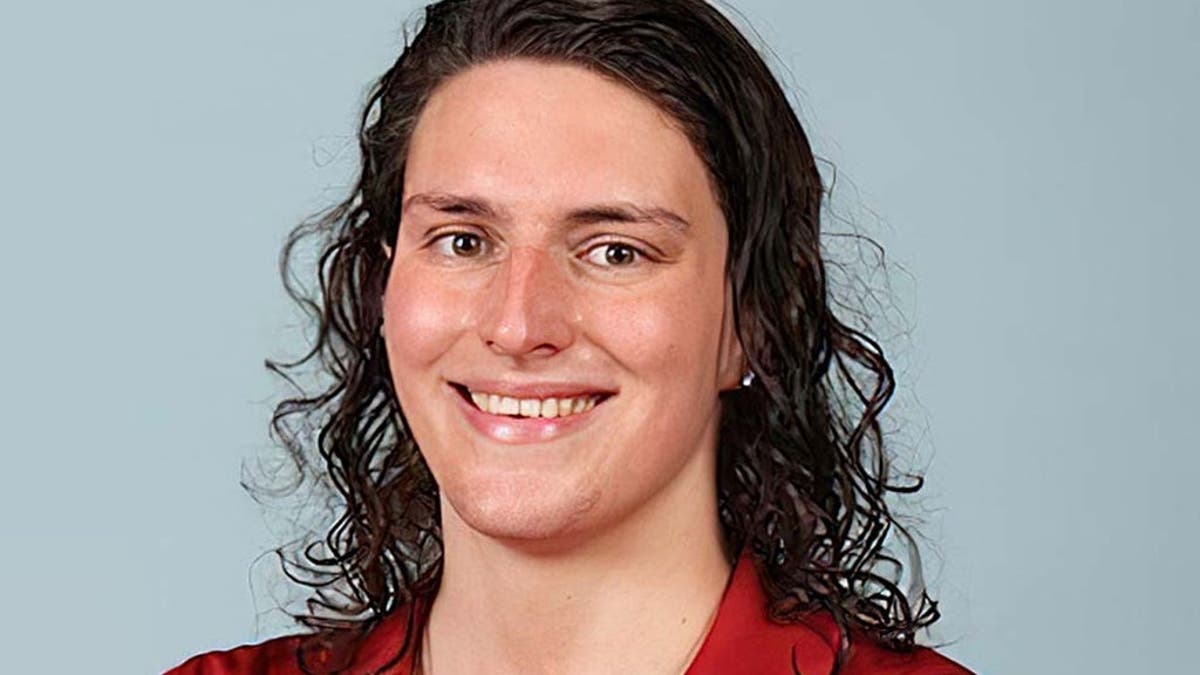Fox News Flash top headlines for January 7
Fox News Flash top headlines are here. Check out what's clicking on Foxnews.com.
Lia Thomas, a transgender swimmer who has been dominating the pool for the University of Pennsylvania this season, found support from the Ivy League and the school ahead of the Quakers’ meet against Yale and Dartmouth this weekend.
Thomas has been wrapped in controversy for her prowess in swimming competitions this season. She previously competed as a man for two years on the school’s men’s team, and her success this year renewed criticism over allowing transgender women to compete against biological females.
CLICK HERE FOR MORE SPORTS COVERAGE ON FOXNEWS.COM

Lia Thomas will lead the Quakers into an important conference meet on Saturday. (Penn Athletics)
But regardless of the parental outrage and some annoyance from her teammates, Thomas received support from the conference and the Quakers ahead of the important tri-meet on Saturday.
"Over the past several years, Lia and the University of Pennsylvania worked with the NCAA to follow all of the appropriate protocols in order to comply with the NCAA policy on transgender athlete participation and compete on the Penn women’s swimming and diving team. The Ivy League has adopted and applies the same NCAA policy," the conference said in a statement Thursday.
"The Ivy League reaffirms its unwavering commitment to providing an inclusive environment for all student-athletes while condemning transphobia and discrimination in any form.
"The league welcomes her participation in the sport of women’s swimming and diving and looks forward to celebrating the success of all of our student-athletes throughout the season."
Penn Athletics also put out a statement.
"Penn Athletics is committed to being a welcoming and inclusive environment for all our student-athletes, coaches and staff and we hold true to that commitment today and in the future," the school said.
"As a member of the NCAA, Penn is governed by the policies of the national governing body. Lia Thomas has met or exceeded all NCAA protocols over the past two years for a transgender female student-athlete to compete for a women’s team. She will continue to represent the Penn women’s swimming team in competition this season.
"We fully support all the student-athletes and coaches in our swimming & diving program and look forward to the team’s continued success this season."
Thomas dominated the 500-yard freestyle preliminaries and finals at the Zippy Invitational at the University of Akron this month. Thomas earned a winning time of 4:34.06 in the finals, breaking the Ivy League record, and set new school records in the 1,650-yard freestyle and 200-yard freestyle competitions.
NCAA rules state that a trans woman can't compete with women until after undergoing testosterone suppression treatment for a year. Thomas recently brushed off her critics in an interview, saying the NCAA rules are fair and "promote competition integrity."

The NCAA headquarters in Indianapolis (AP Photo/Michael Conroy, File)
The NCAA has defended its policy, which requires testosterone suppression treatment, as part of its vision for "fair competition."
"The NCAA Board of Governors firmly and unequivocally supports the opportunity for transgender student-athletes to compete in college sports," the NCAA said in April. "This commitment is grounded in our values of inclusion and fair competition."
CLICK HERE TO GET THE FOX NEWS APP
"The NCAA has a long-standing policy that provides a more inclusive path for transgender participation in college sports. Our approach – which requires testosterone suppression treatment for transgender women to compete in women’s sports – embraces the evolving science on this issue and is anchored in participation policies of both the International Olympic Committee and the U.S. Olympic and Paralympic Committee. Inclusion and fairness can coexist for all student-athletes, including transgender athletes, at all levels of sport."










































